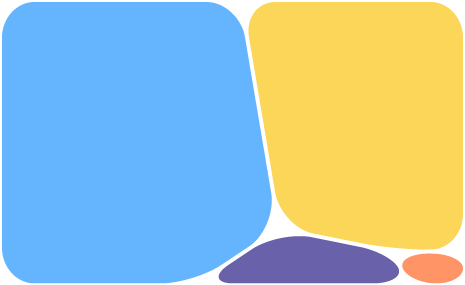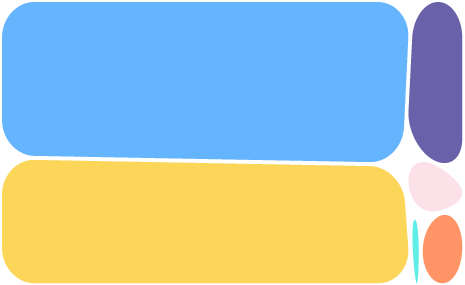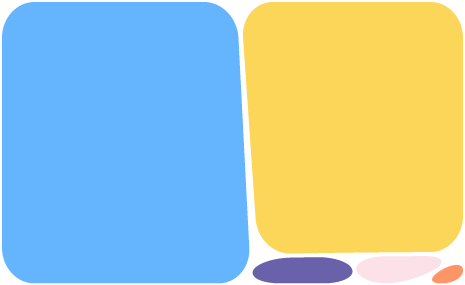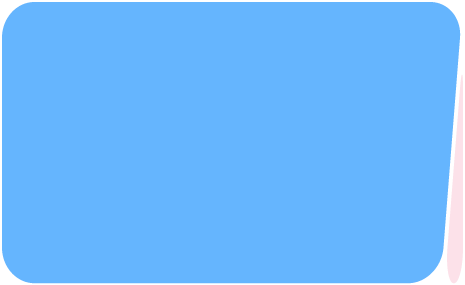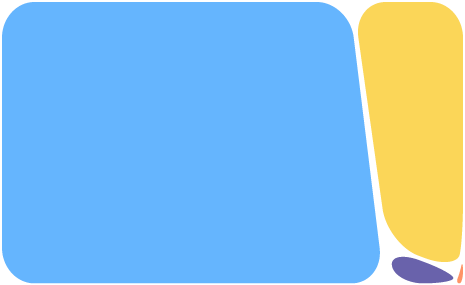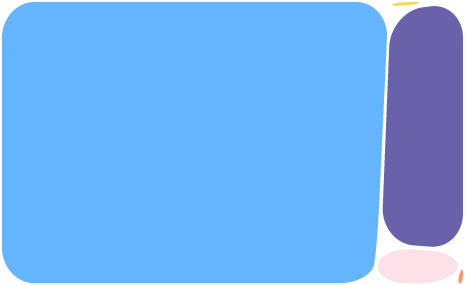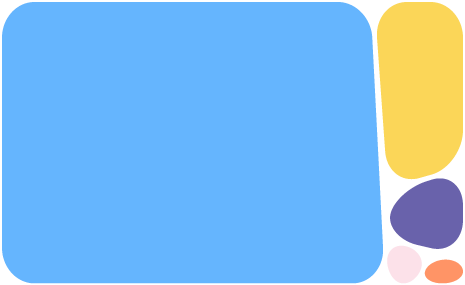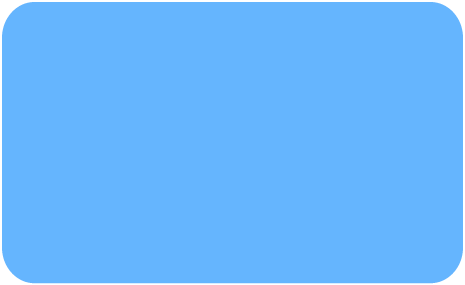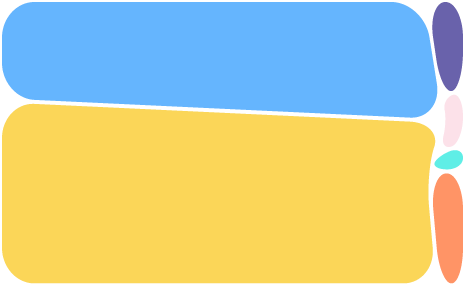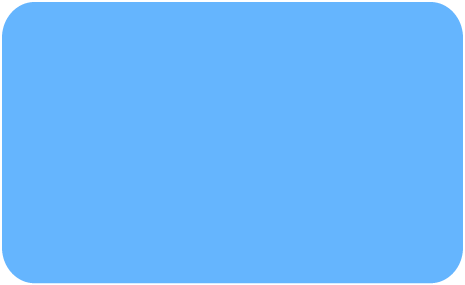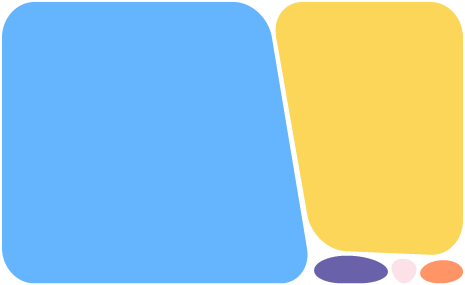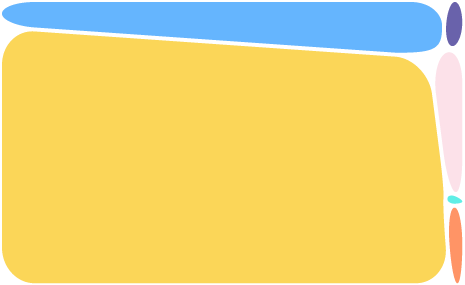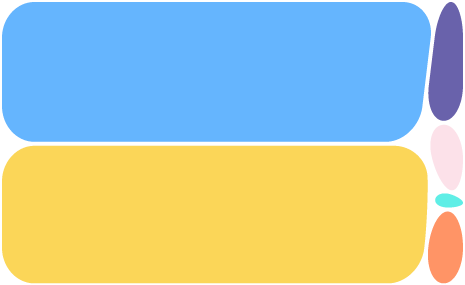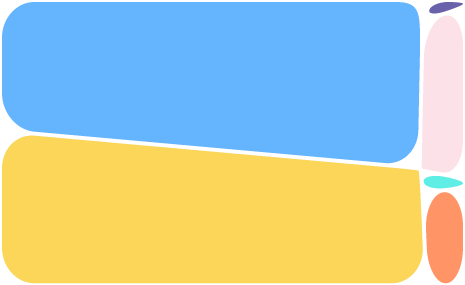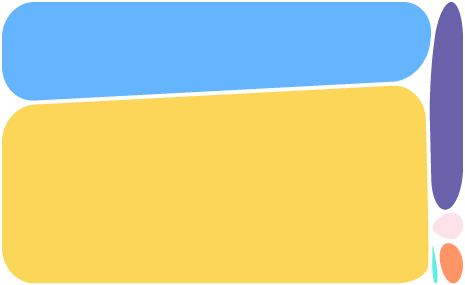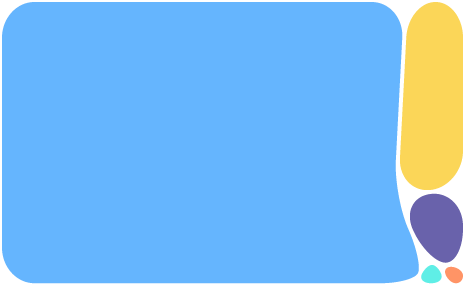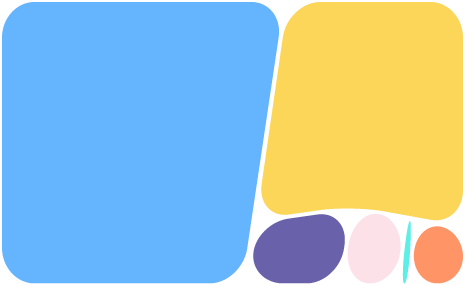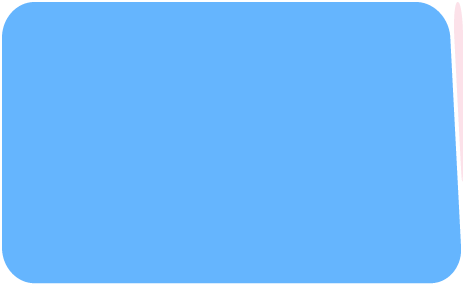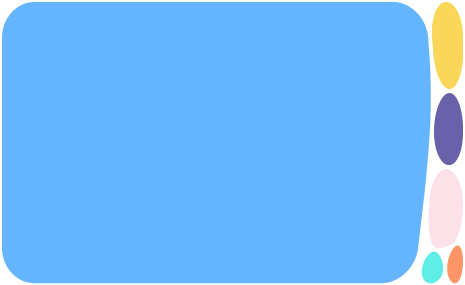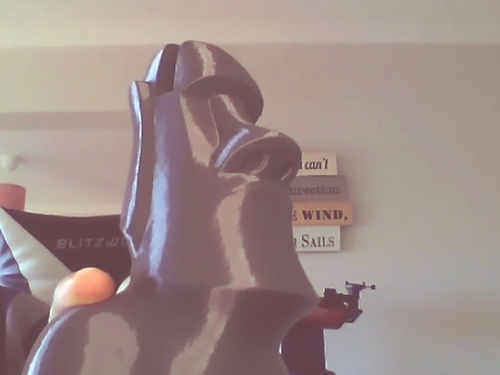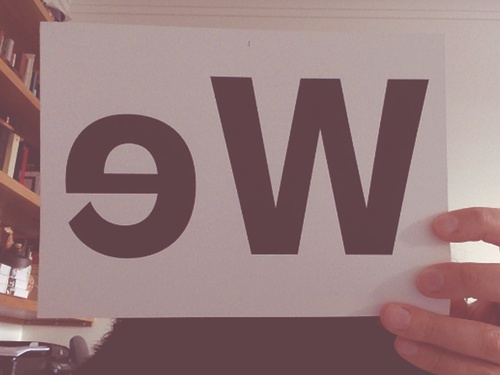J. and I share 1 segment of the genome. He told me that he took the DNA test out of curiosity, to find out more about his health. He discovered that he is very lactose intolerant, he told me that when he stopped consuming food products with lactose that his life quality improved radically. It was curious for me to know that what made him go to the doctor was the fact that he felt extremely tired and that symptom was precisely an effect of being lactose intolerance. Because of this discovery he obtained through this test, he also decided to get his mother to carry out a genetic test, due to the same curiosity in her health, and the results greatly helped her to detect a thyroid problem. When I took this DNA test, for this project, I was given a choice if I also wanted to get the health results associated with my DNA, I chose not to know. I'm doing these tests out of curiosity for my ancestors and because I'm doing this professional project, I thought, I don't know if I want to know if I'm predisposed to any health problem. After meeting J. I was wondering if I should ask for my health results too ... they may be able to help me solve any problems that I may have and that I still don't know I do. But how far do I want to go to know what I still don't know? If I discover that I have a predisposition to diabetes, what should I do now that I do not have diabetes? Does having a predisposition to a certain disease mean i that I will certainly have it?
J. is Portuguese and currently lives in Portugal, has lived in several countries, Norway, Denmark, Angola…
But when I say that he is Portuguese, I mean he is 100% Portuguese. His DNA test results showed that his ancestors are 100% Portuguese, and that there was no never any DNA crossing between his ancestors and any people from other parts of the world.
I asked him how he reacted when he received the results, and he told me that he did not feel it in a passionate way whatsoever, as he only took it for health reasons. I was curious by his reaction because when I received the results myself I was super disappointed and I still have some questions as to whether the test results can be truly accurate. But the results made me do some research and realise that the answers we get depend on company’s database. Where I took the test, the company shows that only 357 tests were taken from people in Portugal and Spain, that is, how many people from this region have taken the test. This means the ancestral composition of our test result could change when more data is collected. So is J. really 100% Portuguese?
J. shared one of his hobbies with me at the time, building objects with a 3D printer. I was impressed with what we can do. He explained that we can design our objects or buy the ID of an object, so in the future we can buy DNA from things instead of buying things.
I shared with him a project that I have been doing for a few years, the Collection of People and that I recently created a participatory website and one of the activities that I most enjoyed doing during this pandemic was this: I wrote a text and divided it into 100 parts, people from anywhere in the world could send me their address. After receiving the addresses I sent 1 piece of the text by mail to each of the 100 people and asked them to photograph this piece.
J. told me about the feeling of belonging when he migrated: he believes that we understand the habits and customs of the place where we came from, and often recognise things that we don't even like, a lot better after we migrate. For him to return to Portugal was also to recognise these habits but in conjunction with all the other habits and customs that he acquired in the other places where he lived.

